Intro
Not an official breed, the Tagaytay Horse is a strain of Baguio Horse which is bred specifically in Tagaytay, from which it takes its name.
Read more
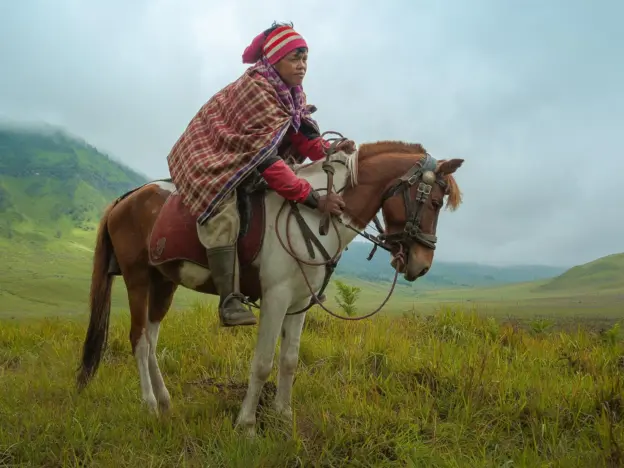
Not an official breed, the Tagaytay Horse is a strain of Baguio Horse which is bred specifically in Tagaytay, from which it takes its name.
Read more
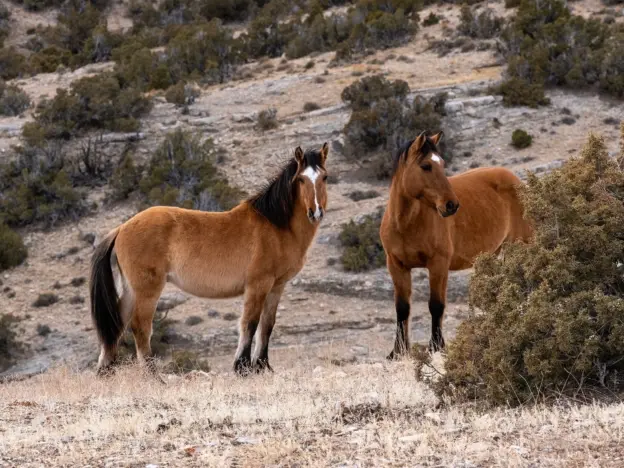
There are many different strains of American Mustang, all of them originally imported Colonial Iberian types. The Pryor Mountain herd is notable for being particularly pure genetically.
Read more
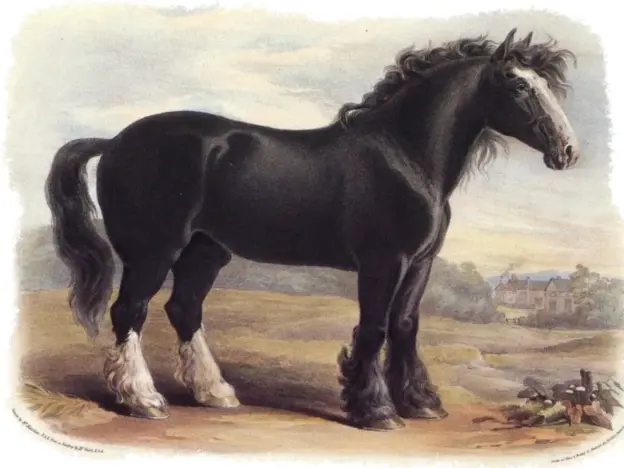
Also called Lincolnshire Black, the Old English Black Horse is an extinct breed which lent its genetics to a variety of draft breeds in the UK.
Read more
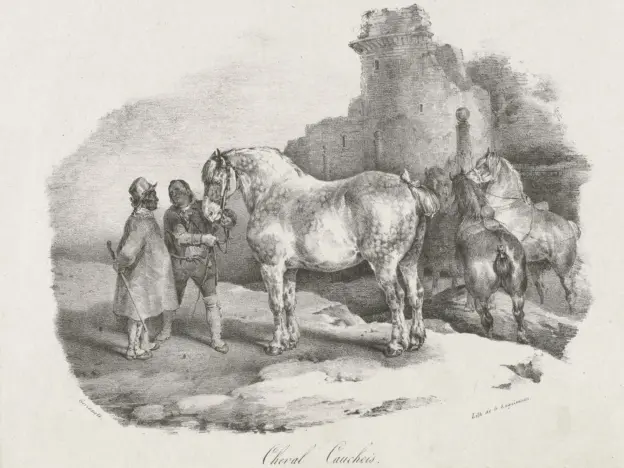
Also called Cauchois, the Norman Bidet is essentially a heavy strain of French Cob from the Pays de Caux region of France.
Read more
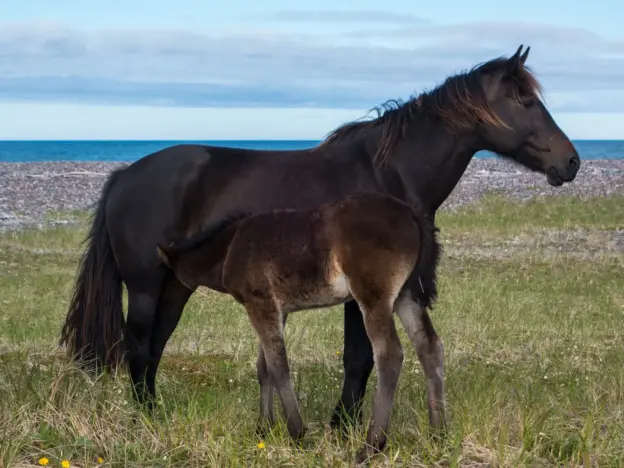
Miquelon Horses are not an official breed and are genetically similar to (or a feral strain of) the Canadian Horse. They come from a widely varied foundation.
Read more
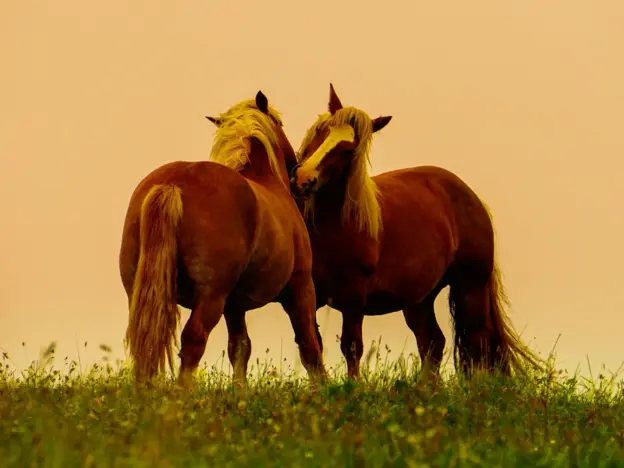

The Bidet of Morvan or Bidet du Morvan is not an official breed. The term Bidet with regards to horses in France is a very old one, but today the term generally means country bred.
Read more
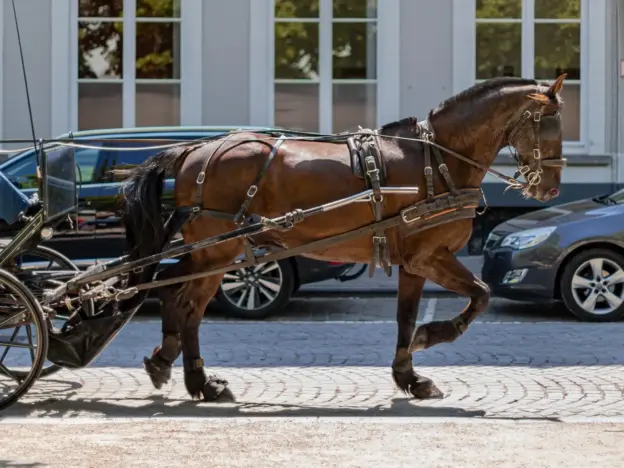
The Aratel horse was created in an attempt to lighten and refine heavy Ardennes types. The updated breed was established using Ardennes animals crossed with Arabian, Norman Cob and trotter blood.
Read more
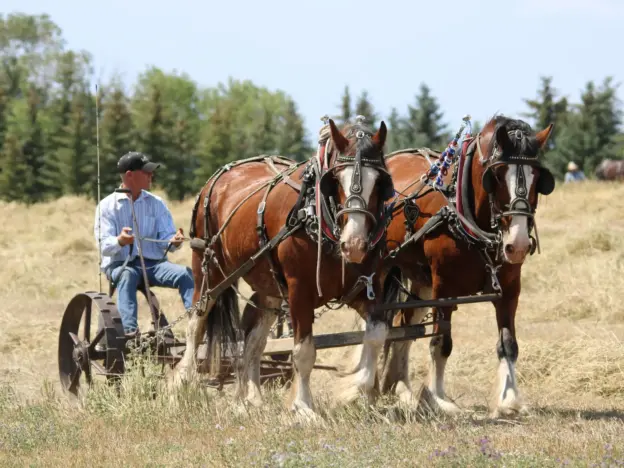
The Clydesdale is a heavy draft breed native to Scotland. At some point they made their way across the ocean and American breeders took notice of their handsome conformation and robust nature.
Read more
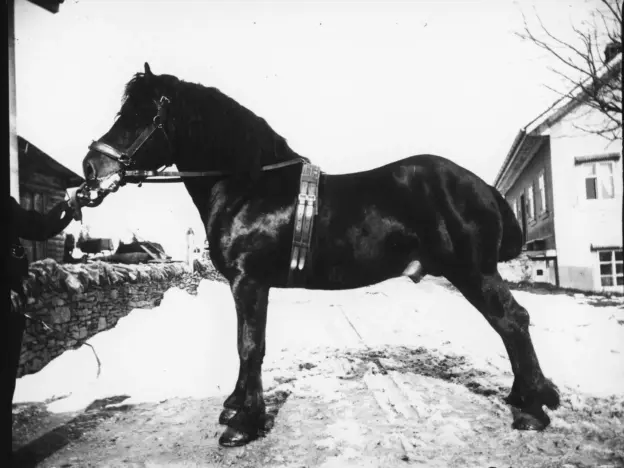
Like several of the older breeds in Europe, the Burgdorfer Horse is officially extinct according to the DAD-IS, however that doesn’t always mean they are totally lost. Life has a way of holding on and sometimes pockets of pure animals can be found in strange places.
Read more